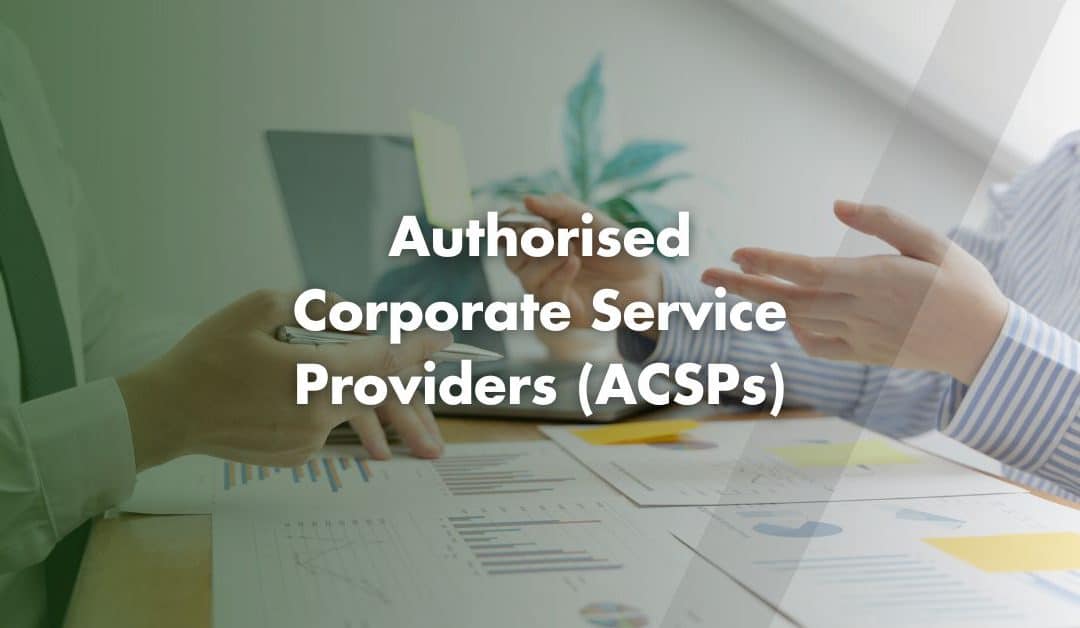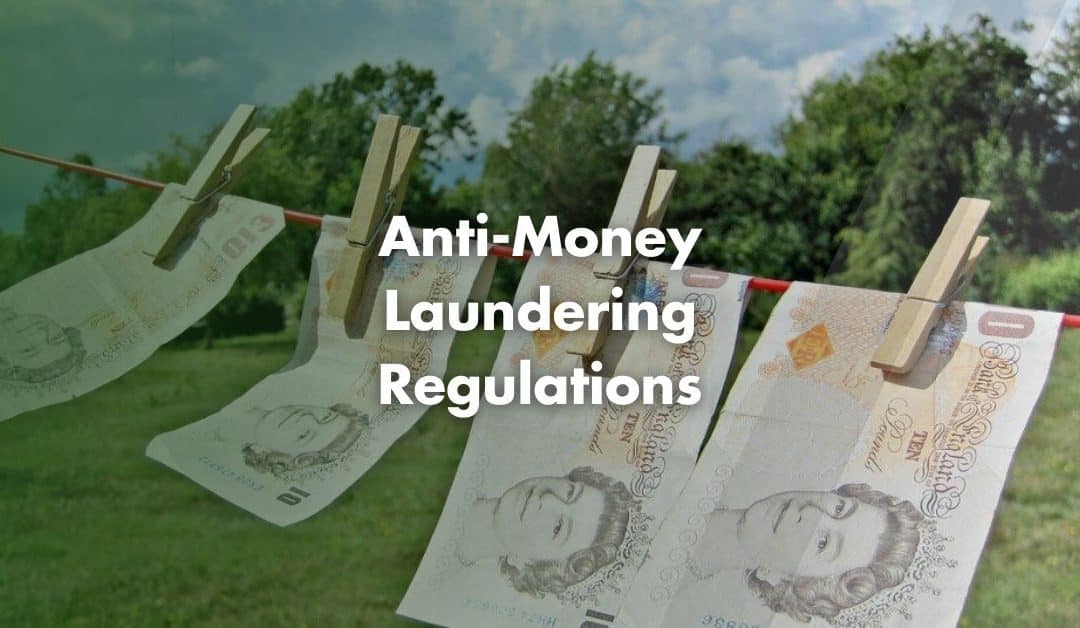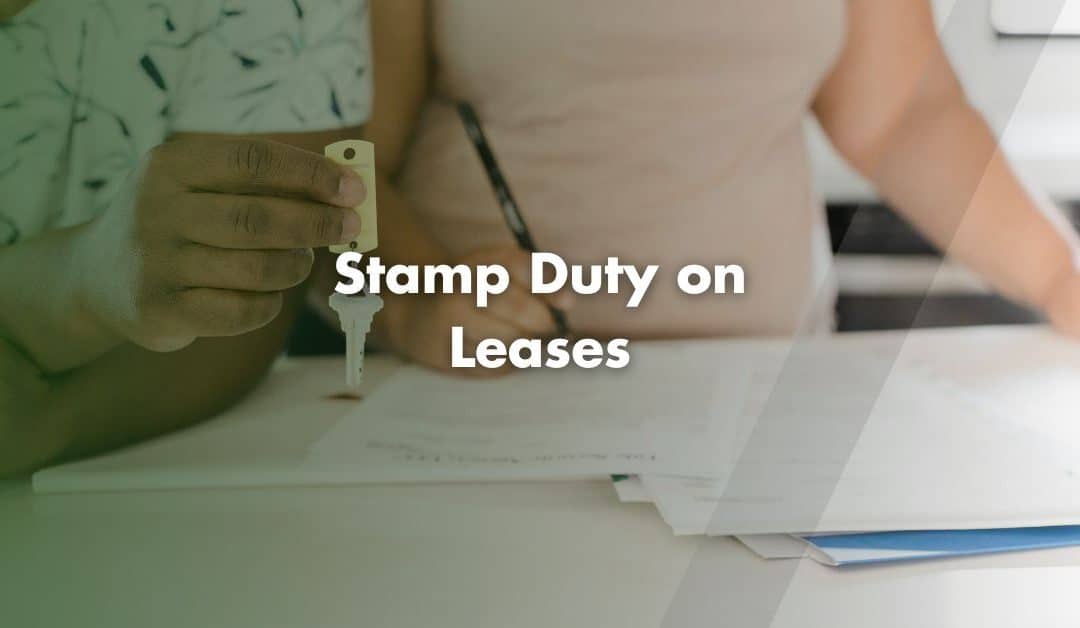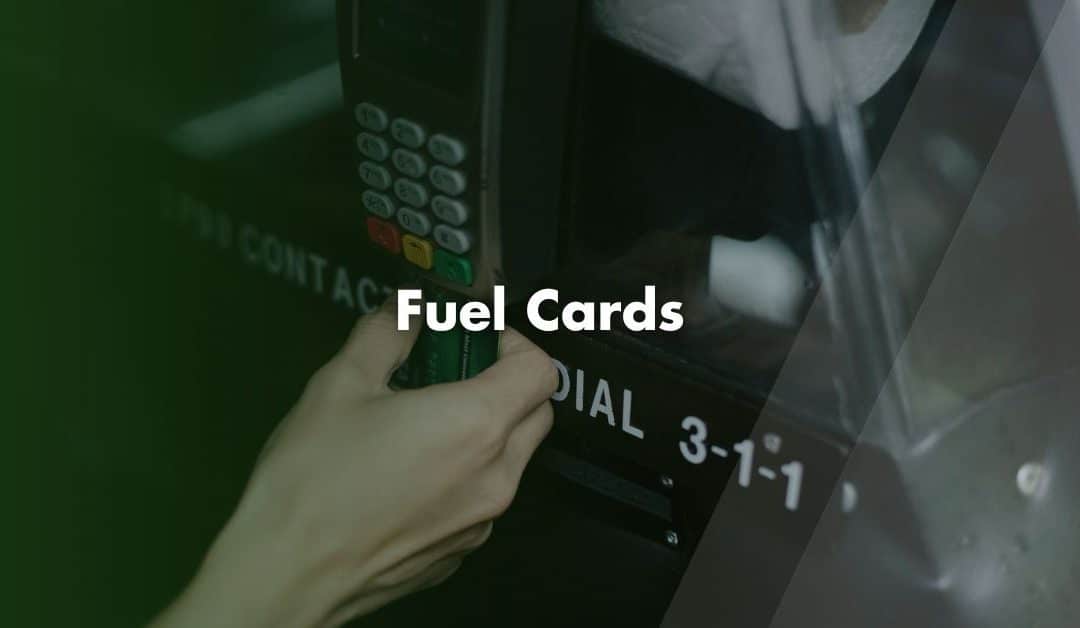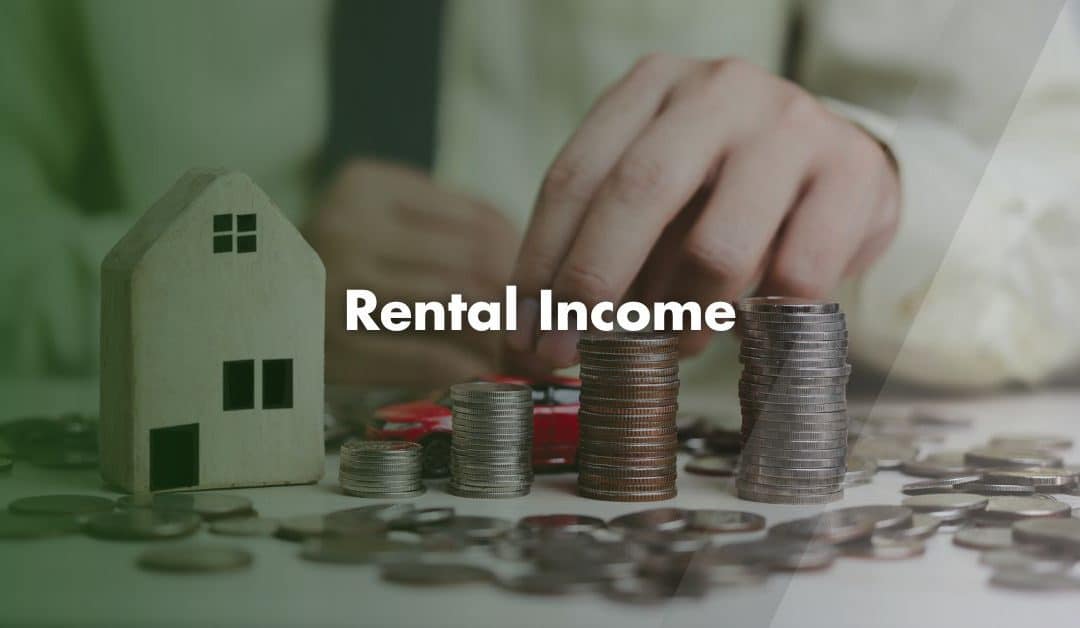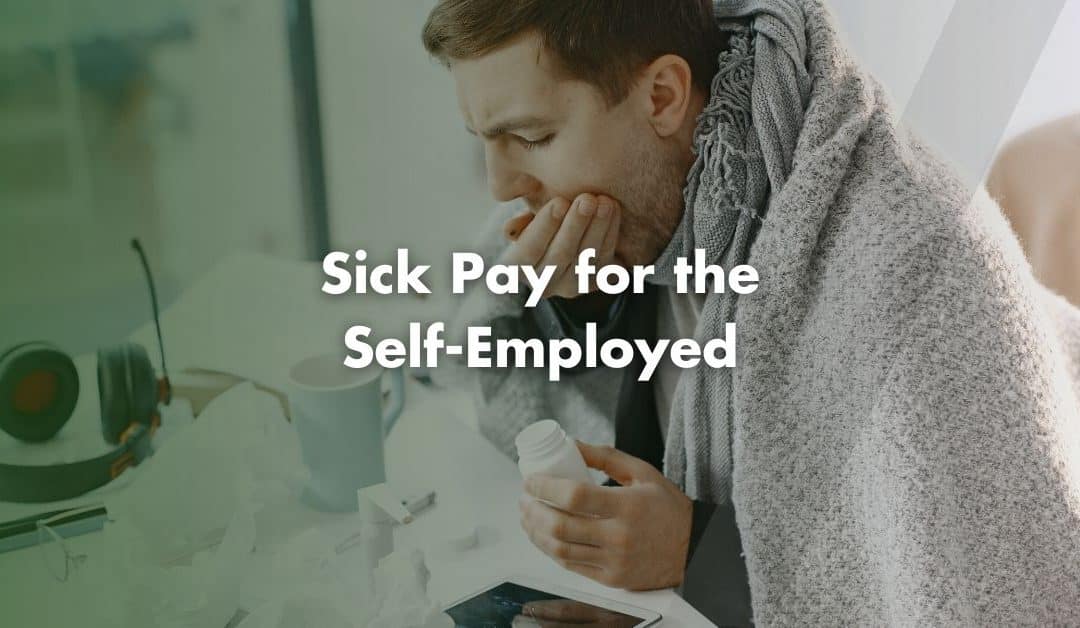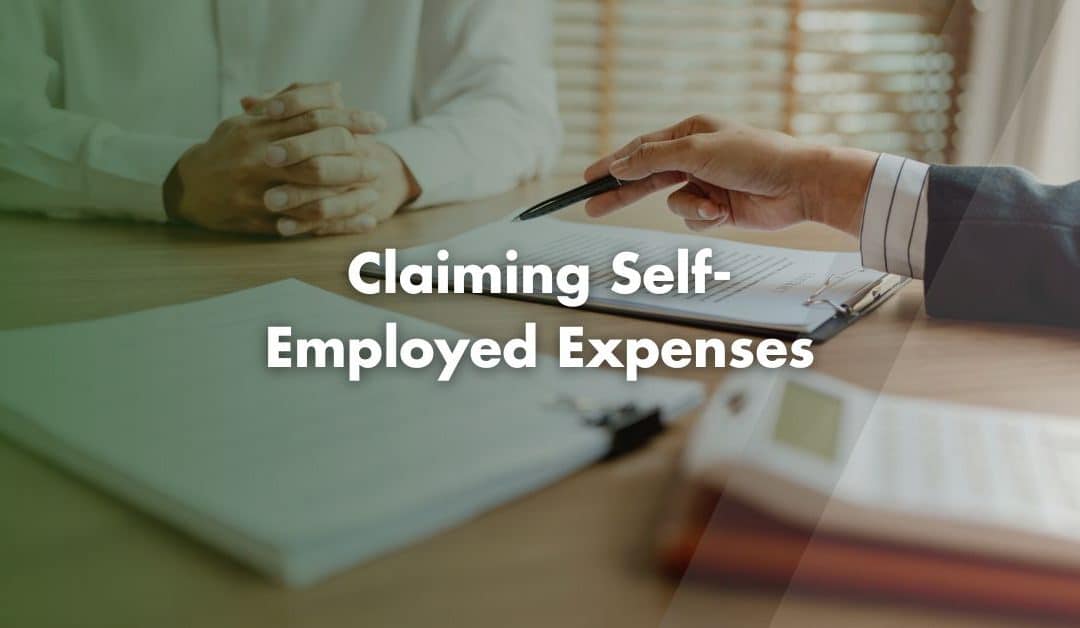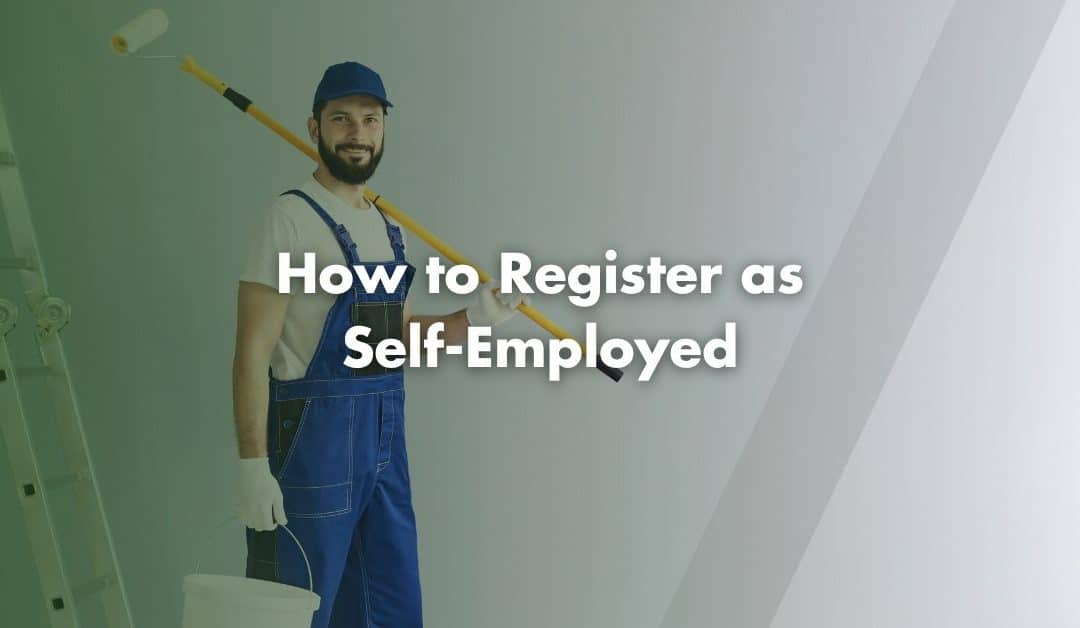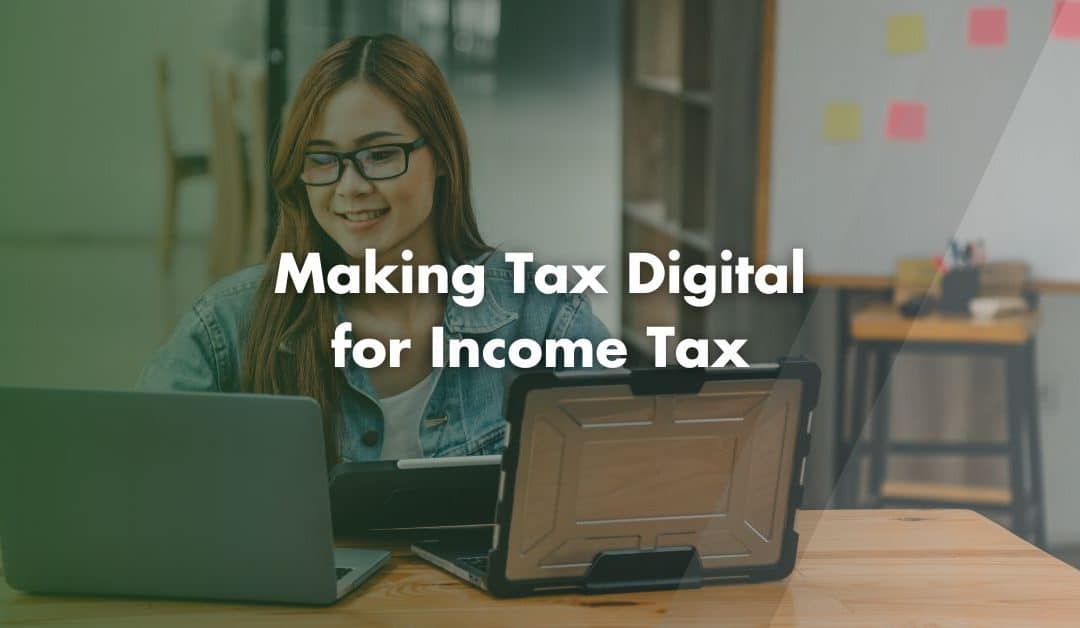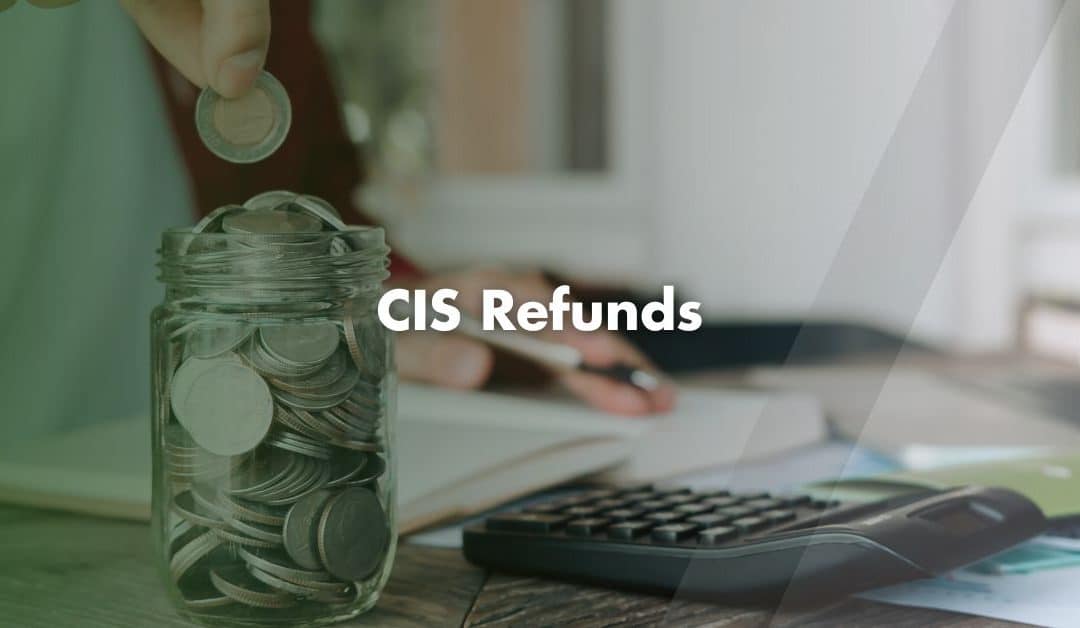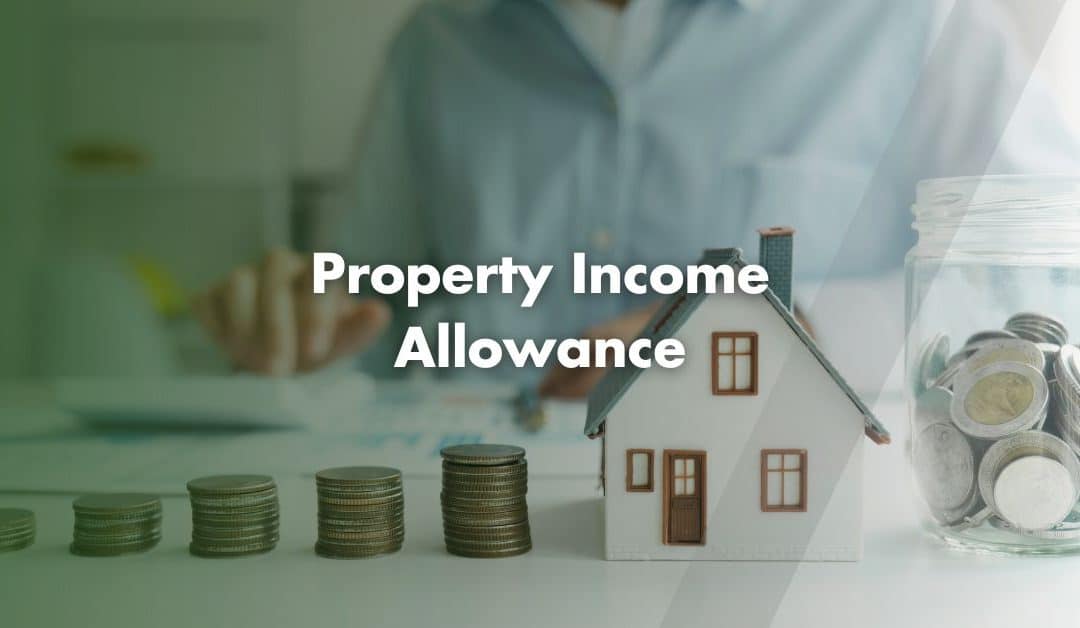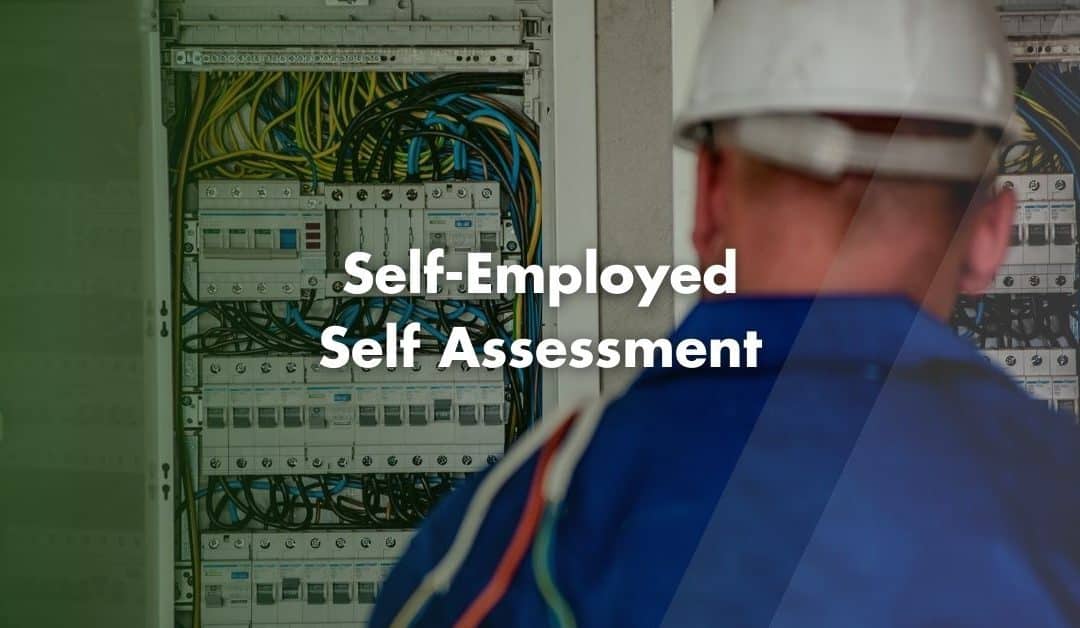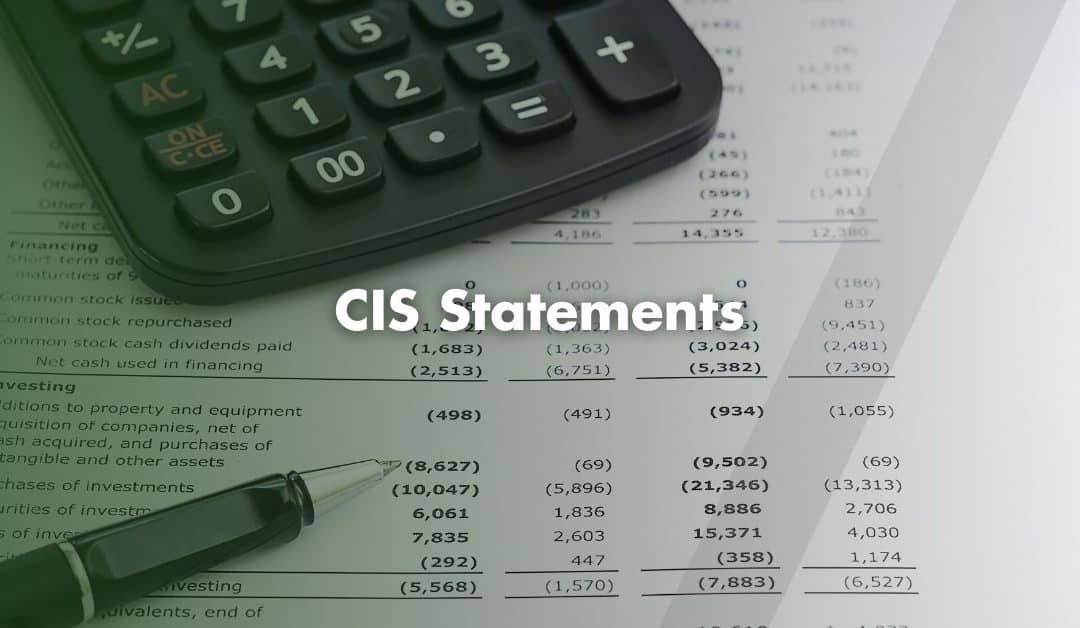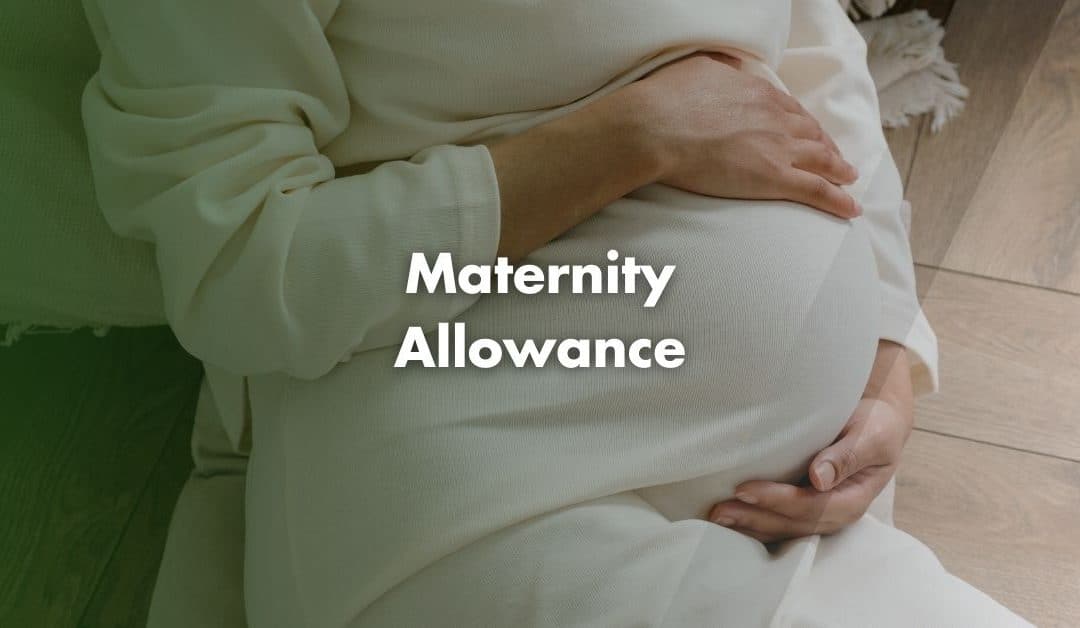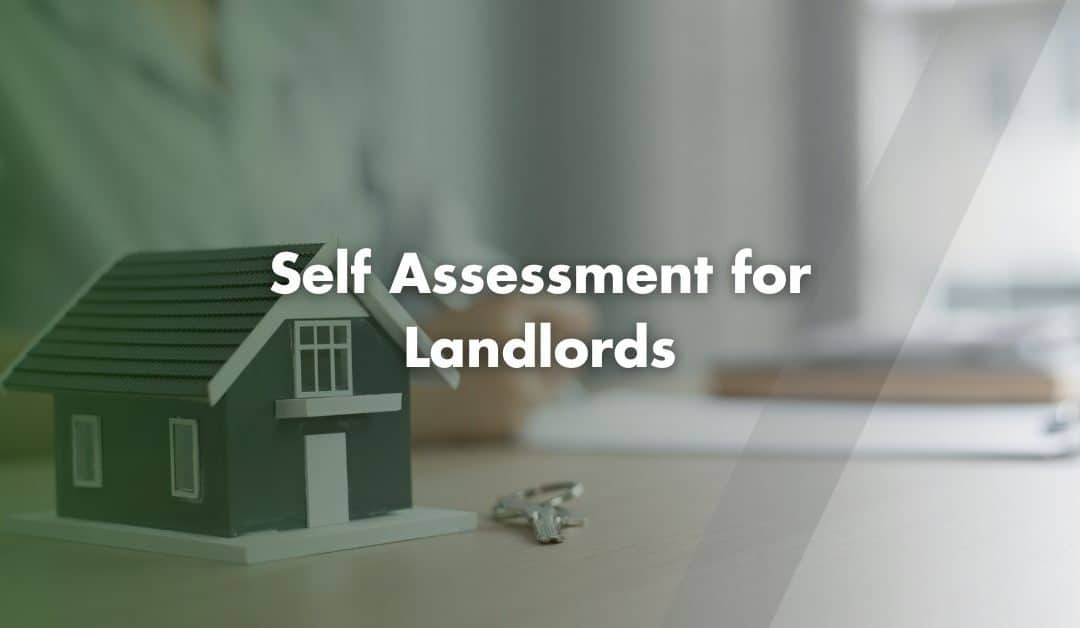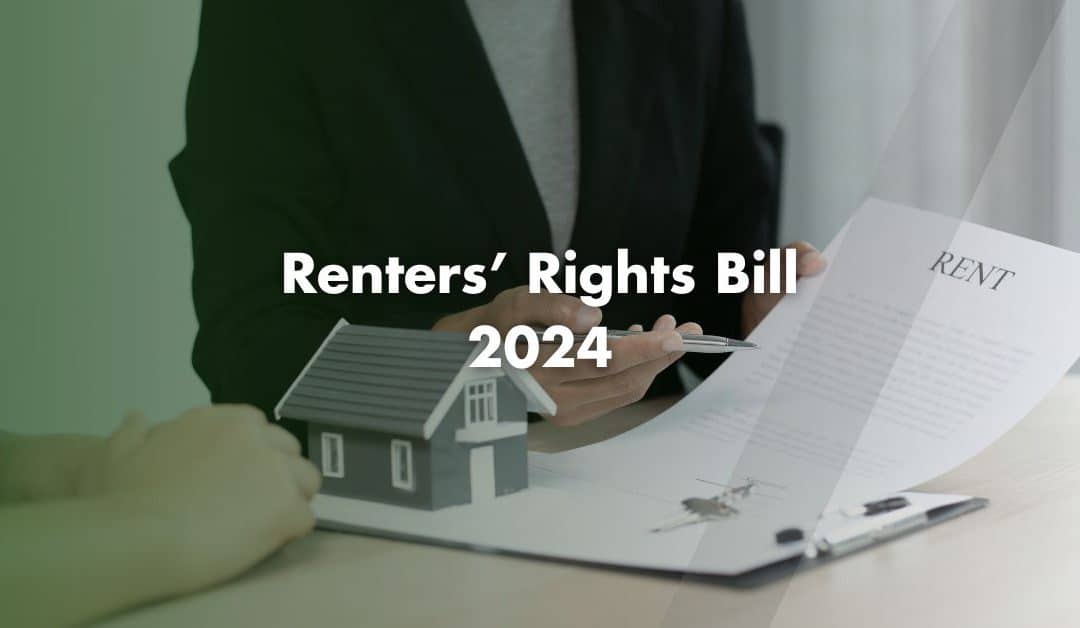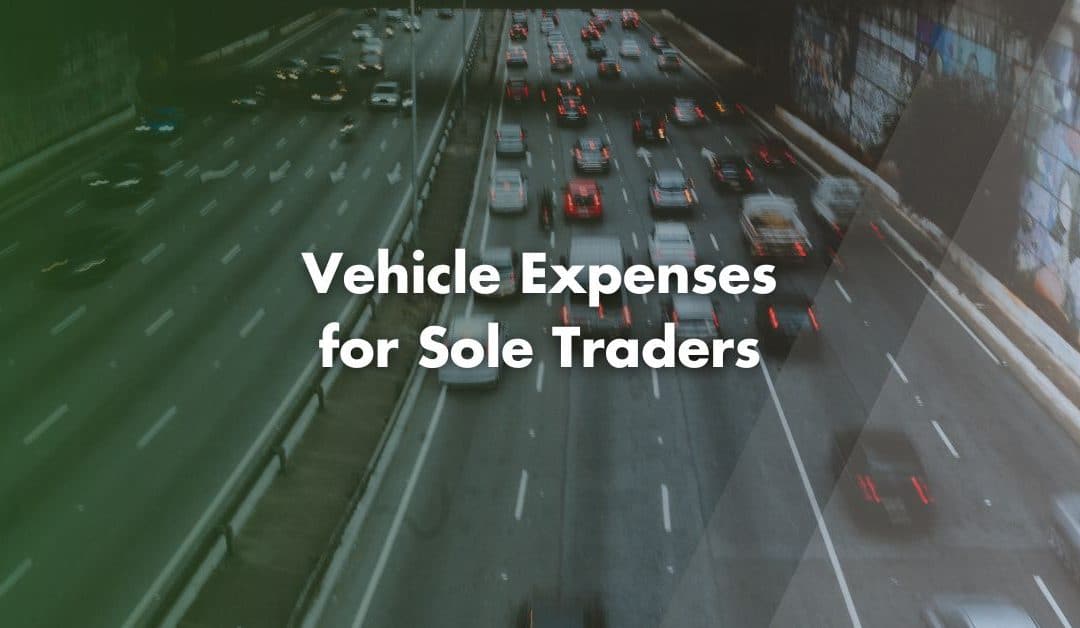
by Pi Accountancy | Feb 19, 2026 | Advisory and Resources, Company Car, Self-Employment and SMEs
While running your business, you may drive to client meetings, carry tools, transport stock or collect supplies. Because of this, vehicle expenses can take up a large part of your business budget. The good news is that you can claim many of these costs and lower your...

by Pi Accountancy | Feb 4, 2026 | Advisory and Resources, Companies House, Director, Regulations and Schemes, Self-Employment and SMEs
Authorised Corporate Service Providers (ACSPs) will play an important role in how businesses continue to interact with Companies House. They will help confirm identities and protect the public register from misuse. Over time, most third-party agents will also need to...

by Pi Accountancy | Feb 2, 2026 | Advisory and Resources, Regulations and Schemes, Self-Employment and SMEs
Money laundering is the process of disguising illegally obtained earnings to make them appear legitimate. In the UK, Anti-Money Laundering (AML) Regulations are in place to detect, prevent and prosecute these activities. This is a global issue which undermines the...

by Pi Accountancy | Dec 1, 2025 | Advisory and Resources, Business, Company Car, Regulations and Schemes
To simplify fuel reimbursement, HMRC publishes Advisory Fuel Rates (AFRs). These rates provide a clear and consistent way to calculate fuel-only mileage costs. With this in mind, AFRs only apply to employees who drive a company car. What are Advisory Fuel Rates? HMRC...

by Pi Accountancy | Sep 25, 2025 | Advisory and Resources, Property Landlords, SDLT
Stamp Duty Land Tax is a tax you may need to pay when taking on leases in the UK. It can be a major expense, particularly for longer commercial leases or higher-value properties. What Stamp Duty Covers Stamp Duty applies to two elements of a lease: The Premium (the...

by Pi Accountancy | Sep 24, 2025 | Property Landlords
Buying a leasehold property is a way to own a home without purchasing the land. These properties are very common in the UK, especially for flats and maisonettes. Some houses can also be leasehold, particularly legacy and shared ownership schemes. The Leasehold and...

by Pi Accountancy | Sep 16, 2025 | Property Landlords, Taxes
Council Tax is a local tax on residential properties throughout England, Scotland and Wales. It helps councils fund a wide range of essential services, such as: Rubbish collection Street lighting Recycling services Road maintenance Local schools Libraries Public parks...

by Pi Accountancy | Sep 10, 2025 | Company Car
A fuel card lets you purchase fuel exclusively at designated petrol stations. It works much like a credit or debit card, but businesses use it specifically for managing fuel expenses. The business pays for all transactions directly, so drivers do not need to pay...

by Pi Accountancy | Sep 4, 2025 | Property Landlords, Taxes
Renting out property can be a fantastic way to earn extra income. To make the most of your rental income and avoid any unexpected tax bills, you need to understand how Property Income works. What is Property Income? Property Income is the money you earn from land or...

by Pi Accountancy | Sep 3, 2025 | Property Landlords, Taxes
Renting out property is a popular way to earn extra income. Whether you are letting a single flat, a family home or managing a portfolio of properties, you must understand the rules around rental income and taxation. What is Rental Income? Rental income includes more...

by Pi Accountancy | Jul 31, 2025 | Self-Employed
With no employer to support you and no access to Statutory Sick Pay (SSP), many self-employed workers face real uncertainty. Fortunately, there are alternative benefits and insurance options that can offer support during periods of illness. Why the Self-Employed...

by Pi Accountancy | Jul 30, 2025 | Self-Employed
Your business exclusively incurs self-employed expenses. You deduct these expenses from your income to calculate your taxable profit. Expenses must be “Wholly and Exclusively” for your business. You cannot claim personal expenses, such as personal shopping...

by Pi Accountancy | Jul 29, 2025 | Advisory and Resources, HMRC, Self-Employed
Whether you are launching a freelance career or building a full-time business, the first step is to register as Self-Employed with HMRC. This makes sure you declare your income properly and that you meet all legal obligations. What Does It Mean to Be Self Employed?...

by Pi Accountancy | Apr 16, 2025 | Advisory and Resources, MTD, Property Landlords, Regulations and Schemes, Self Assessment, Self-Employed, Self-Employment and SMEs, Taxes
Making Tax Digital (MTD) for Income Tax is changing how sole traders and landlords keep records and report income to HMRC. Instead of completing most of the work once a year, you will spread your tax admin more evenly across the year. As a result, you can keep better...

by Pi Accountancy | Apr 8, 2025 | CIS
A CIS tax refund is the money HMRC returns to subcontractors who have overpaid their tax through the Construction Industry Scheme. If you are registered under CIS, contractors deduct 20% from your payments. If you are not registered, they deduct 30%. These deductions...

by Pi Accountancy | Feb 13, 2025 | Allowances, Frequently Asked Questions, Property Landlords
HMRC introduced the Property Income Allowance as a tax exemption, which allows individuals to earn up to £1,000 per year from property-related income without paying tax or reporting it to HMRC. This applies to income from: Renting out a driveway or parking space...

by Pi Accountancy | Feb 12, 2025 | Allowances, Frequently Asked Questions, Self-Employed
HMRC introduced the Trading Income Allowance as a tax exemption, which allows individuals to earn up to £1,000 per year from self-employment or casual trading income without paying tax or reporting it to HMRC. This applies to income from: Selling goods online (Etsy,...

by Pi Accountancy | Jan 21, 2025 | Advisory and Resources, Self Assessment, Self-Employment and SMEs
HMRC uses Self Assessment to collect Income Tax from employed and self-employed individuals. Your employer will automatically deduct tax from your earnings, if they are employing you. However, as a self-employed individual, it is your responsibility to report your...

by Pi Accountancy | Nov 22, 2024 | Company Car
Company Cars and Vans The government detailed important updates in the recent Autumn Budget on taxing company cars and vans, with a particular focus on electric vehicles and low-emission options. Whether you’re considering a new company car or an electric...

by Pi Accountancy | Aug 1, 2024 | Advisory and Resources, CIS, Regulations and Schemes, Self-Employment and SMEs
Contractors under the Construction Industry Scheme (CIS), must deduct tax from payments made to subcontractors. CIS Statements are the actual documents which detail how much the contractor paid and deducted. Additionally, each statement covers one tax month and...

by Pi Accountancy | Jul 18, 2024 | Advisory and Resources, Allowances, Regulations and Schemes, Self-Employment and SMEs
Maternity Allowance can support your income when you take time off to have a baby. Many self-employed parents rely on it. Additionally, some employees claim it when they do not qualify for Statutory Maternity Pay. What is Maternity Allowance? Maternity Allowance is a...

by Pi Accountancy | May 30, 2024 | CIS, Frequently Asked Questions
The Construction Industry Scheme, or CIS for short, is a tax deduction system which ensures that contractors correctly handle tax payments for subcontractors. The scheme help regulate tax compliance and prevent tax evasion by requiring tax deductions at the source....

by Pi Accountancy | May 24, 2024 | Property Landlords, Self Assessment
HMRC use the Self Assessment system to calculate and collect tax on Rental Income. For landlords that earn more than £1,000 annually from rental properties, you must declare this income through Self Assessment. Failing to do so will result in hefty penalties. Do You...

by Pi Accountancy | May 22, 2024 | Property Landlords
The UK Parliament has recently introduced a new legislation called the Renters’ Rights Bill 2024, which aims to address key challenges in the rental market and ensuring fairness between all parties involved. Therefore, creating a more secure rental market for...


